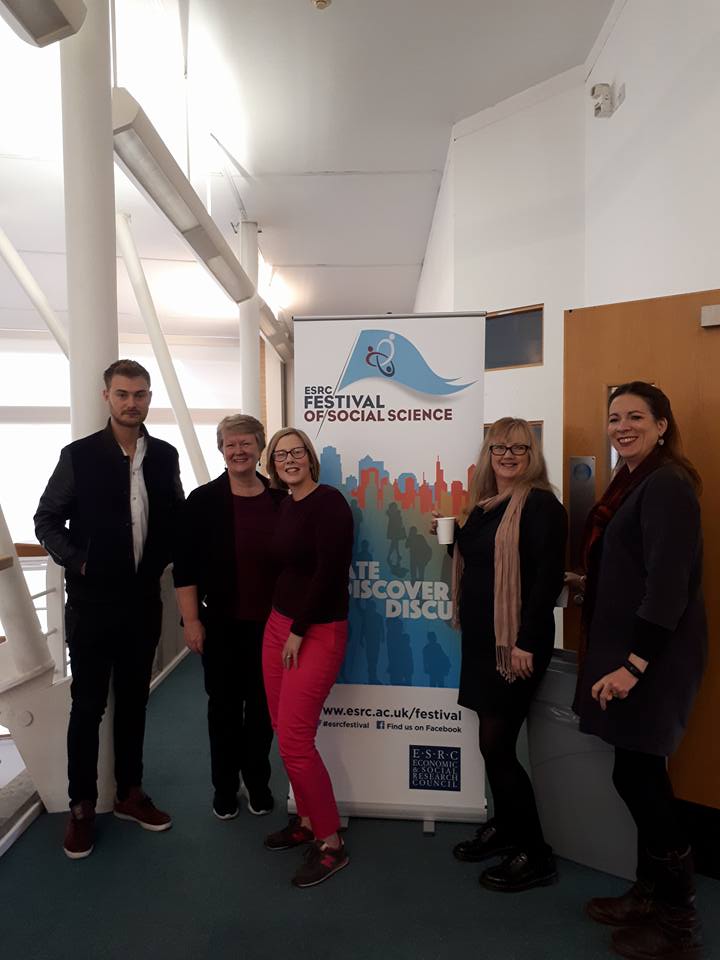Published: February 28, 2022
Written by: Sarah Lonbay
Dr. Sheila Quaid and Lauren Doyle

My current research explores diversity and commonalities in lives of ‘child free’ women or just sometimes it’s more appropriate to say – who do not have children. The pilot stage is complete, and we are in the process of analysis right now. As PI on this project, I have researched Motherhood for many years, and have come to understand that we live in a culture where everyday assumptions are made that women will have children – known as pro-natalist ideologies. This has had profound effects on all of us as women. This is the case, whether we want children or whether we don’t – or whether we are ambivalent about it. The current research was designed to capture voices, experiences and emotions of women who do not have children to give a real picture of how this is experienced in everyday life.
One great thing about research is that sometimes when another person gets involved in the analysis, they see something different –and we have discussions about the fascinating insights we are finding in the stories of the participants. Recently Lauren Doyle came on board as a research assistant to achieve this- and we are having such interesting conversations about how she reads the narratives. Lauren is currently working through the early stages of data analysis, which is bringing to light interesting themes that explore the background stories of ‘child free’ women and the way in which they perceive themselves, and the way that they believe the wider community perceive being ‘child free’. As well as the pre-judgements held towards ‘child free’ women by wider society in the way that they go about their day-to-day life and expectations to uphold more responsibility in other walks of life, outside of parenting.
Our initial analysis is producing insights into, how we define ‘care’ who does care work in society and imagining who will do this in the future. Lives and choices are shaped by gendered assumptions and reproductive autonomy remains contested. Women who choose to be child free or those who yearn for it but cannot be mothers are positioned in culture and society as ‘other’ femininity. By using an intersectional approach, we have a mix of disabled, black, single gay and straight participants in the sample so far. Their stories confirm feelings of “Otherhood” as they recall incidences of assumptions, and judgement. The impact of knowledge produced in this project and in further developed work is to be potentially useful in several ways. For example- In workforce agendas there has been a focus on childcare and flexible working as a key progressive move towards equality for women. These measures, however, do not speak to women who are not mothers and tensions arise in many workplaces. This work contributes to closing a gap of understanding and could support those seeking meaningful equality strategies that are inclusive of all women and men. At the same time raises more global questions.